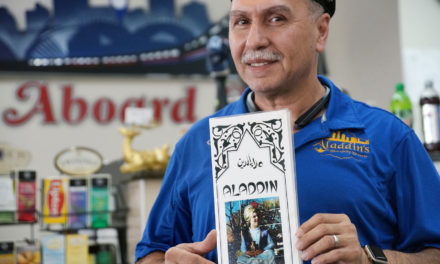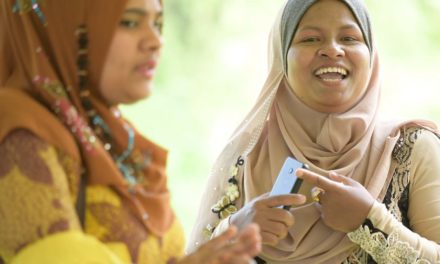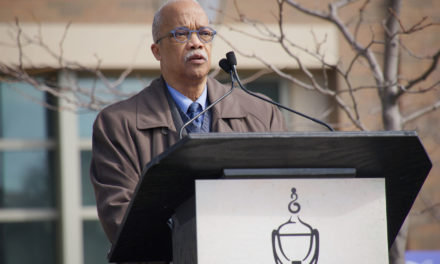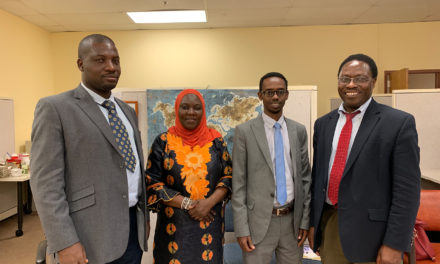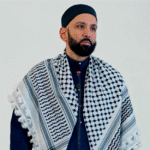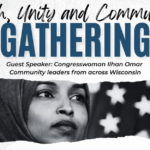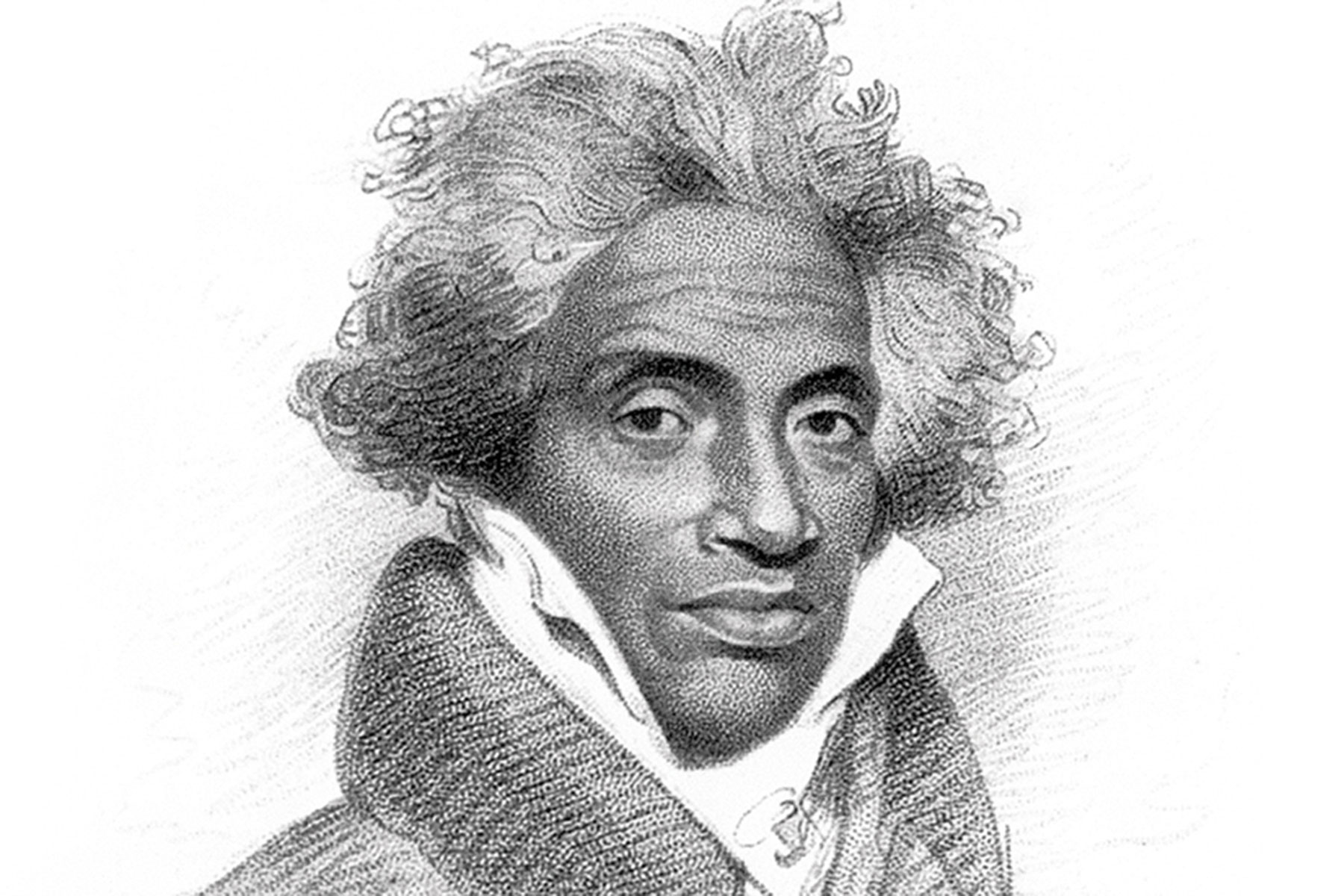
Black History Month is an annual observance in February that started as a way of remembering important people and events in the history of the African diaspora. This biography is part of a series that features well known enslaved African Muslims.
Born in 1762, Abdul Rahman was a prince of the Kingdom of Futa Jalon, present day Guinea. By the age of 26, Ibrahim became a military leader, but was then defeated in a war, captured and sold to a slave ship captain. The captain then brought him to the West Indies and sold Ibrahim into slavery to a man by the name of Thomas Foster, a Natchez farmer. Ibrahim’s knowledge of agriculture and his leadership skills made him an essential component to Foster’s cotton plantation. Ibrahim followed a strict ethical code of conduct of never drinking, stealing, and remaining trustworthy.
One day, a letter Ibrahim wrote in Arabic to his family in West Africa was picked up by a newsman. This local newsman sent a copy to the U.S. senator who then sent a copy to the U.S. Consulate in Morocco. Although Ibrahim was not a Moroccan citizen, the U.S. Consulate in Morocco petitioned President John Quinsy Adams to release Ibrahim. Foster agreed that he would grant Ibrahim’s release if he left without his family and returned to Africa.
Ibrahim tried to raise money to buy the freedom of his nine children, but he was unsuccessful at doing so. After forty years as a slave in Mississippi, he set sail for Timbuktu, but died before reaching his destination. He had to leave his 9 enslaved children behind. His incredible story is told in the 2008 film, “Prince Among Slaves.”
Since the first colonists arrived to settle in North America, Islam was part of the continent’s religious fabric. The Islamic teachings brought by enslaved Africans did not survive long within plantation communities, but there remains evidence in documents and traditions of its existence. It has been estimated that 30% of African slaves brought to the New World were Muslim, but the exact number transported is unknown.
Muslims first came to North America in the 1500s with colonial expeditions. They were an integral part of mapping the country. African Muslims later fought alongside colonists during the Revolutionary War against British rule, when America struggled to become an independent nation. The founding fathers were aware of Islam and the existence of Muslims in America. Thomas Jefferson, who owned a copy of the Qur’an, included Islam in many of his early writings and political treatises.
